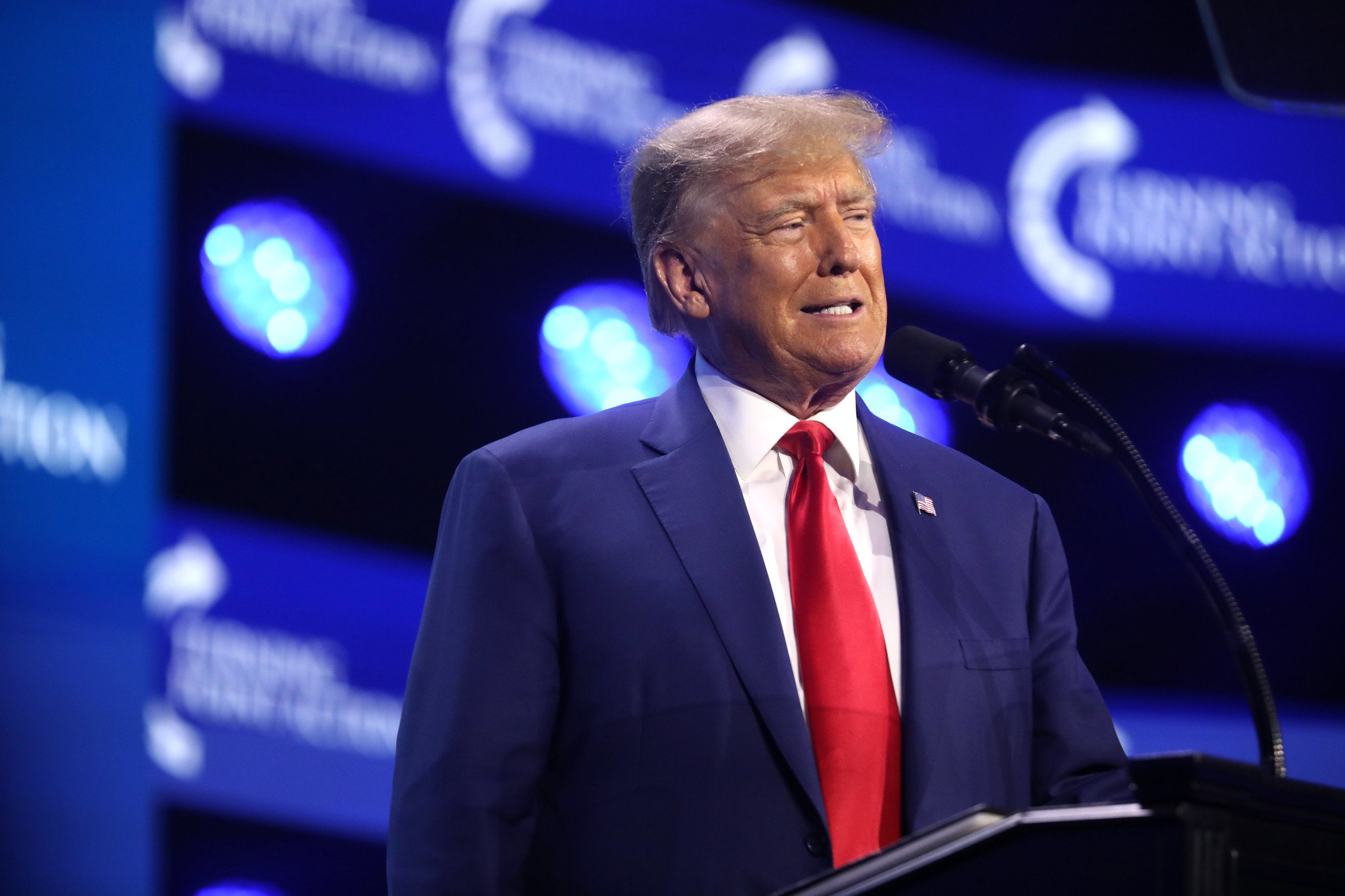
A US court has ruled that Donald Trump does not have presidential immunity and consequently can be prosecuted on charges of plotting to overturn the 2020 election.
Former US president Donald Trump had previously argued in the historic legal case that he was immune from criminal charges for actions he said were taken in the duty of his presidency.
However today’s (Tuesday, January 6) ruling in Washington DC struck down Trump’s claims.
The BBC reported it as a setback for Trump, who has for years cited presidential immunity while battling multiple cases.
Trump is expected to appeal against the court’s ruling, which would mean the case being passed up to the Supreme Court, where conservatives hold a 6-3 majority.
US Special Counsel Jack Smith has charged the former president with conspiring to overturn Joe Biden’s victory in the 2020 election and committing fraud to stay in office. While the trial for that case was initially scheduled for March 4, it was postponed until a ruling had been made on the immunity claim.
It may be delayed further – by months – is the case had to be taken before the Supreme Court.
Donald Trump Appealed in Court to the Charges Against Him
A panel of judges heard the case at the DC Circuit Court of Appeals in Washington DC earlier this month, with Trump’s lawyer’s argument based on the idea that a president who is not convicted for impeachment by Congress cannot be subject to a criminal trial. They argued that Trump was impeached by the House of Representatives but never convicted by the senate.
The judges sounded skeptical, with Judge Florence Pan suggesting that, with immunity, a president could sell state secrets or order the assassination of a political rival without being concerned about criminal prosecution.
The panel of judges also questioned whether Trump’s position in 2024 was a reversal from 2021 at his second impeachment trial, when his lawyers at the time called on the senate to acquit him because the justice department should decide if Trump engaged in insurrection over the January 6 Capitol attack.
The panel ruled that it would continue the stay currently imposed on the case until February 12, if Trump sought to bring further challenges to the decision. Following that, the case will return to the trial judge, Chutkan, in federal district court in Washington DC.
Trump has made it know that his legal strategy is to bring about delays, because if he wins the 2024 presidential election in November, and the trial had not yet begun or been completed, then he could appoint a loyalist as the attorney general who would drop the charges against him.
Source: http://greece.greekreporter.com/category/greek-news/tourism/